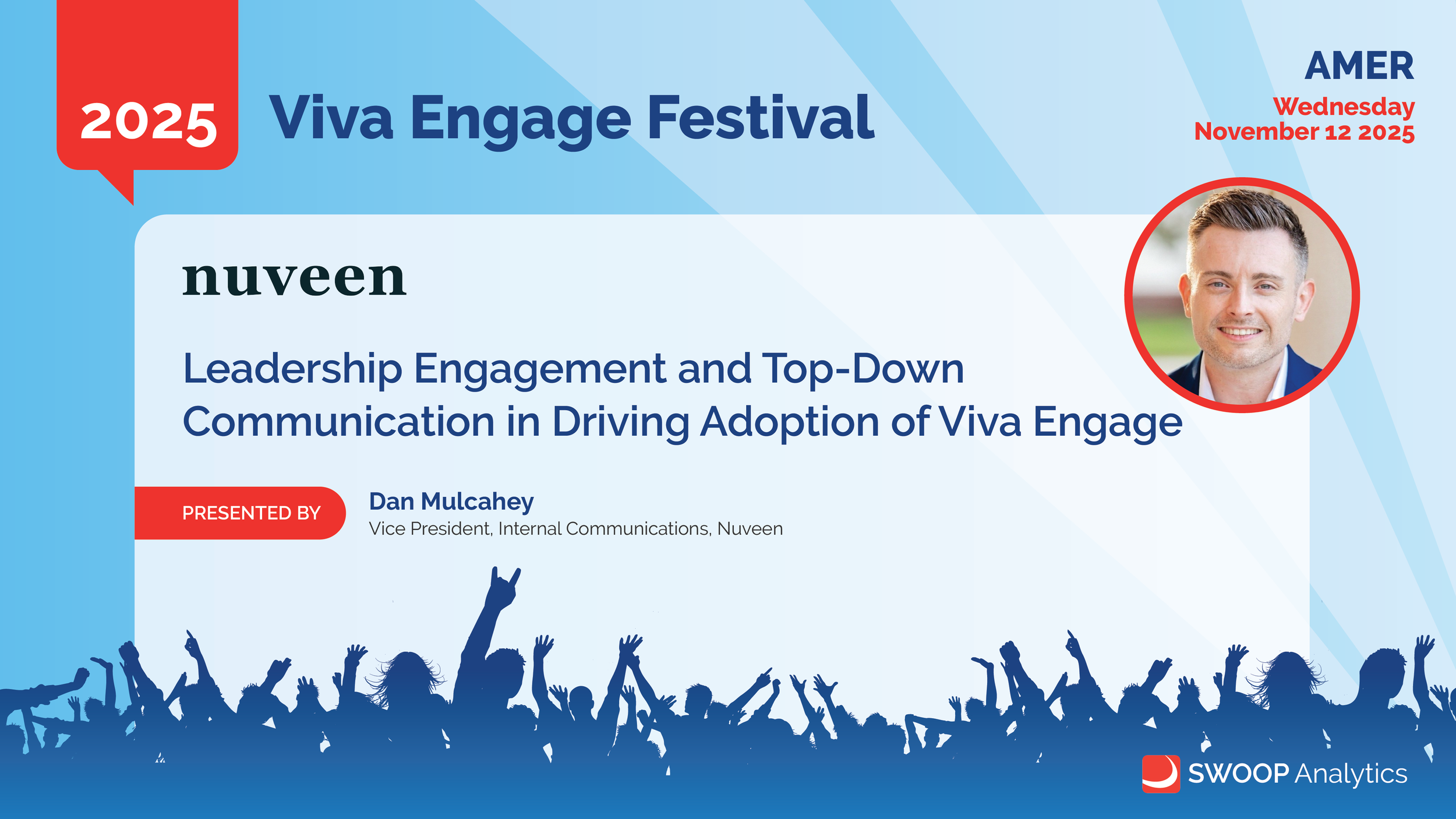Moderation that matters: Building safe and engaging communities
What this session was about
Carla explained how Siemens Energy manages conversations at scale using thoughtful moderation. Their goal: create thriving, constructive communities while maintaining psychological safety and reducing risk.
-
Key Messages
Moderation is about enabling conversation, not policing it. The goal is to support discussion, not shut it down.
Clear community purpose reduces conflict before it starts. When people know why a space exists, they behave accordingly.
They use calm, proactive engagement — not reactive firefighting. The best moderation decisions happen before a post escalates.
Moderators are trained to guide, not enforce. Siemens Energy uses prompts, questions and gentle redirection to keep discussions healthy.
Community guidelines are simple and visible. Employees know exactly what’s expected and where boundaries sit.
Diverse voices are actively encouraged — safely. The moderation approach protects contributors while still welcoming healthy debate.
Moderation protects culture AND accelerates engagement. When people feel safe, they participate more — and with more substance.
What you can take from this
Good moderation increases engagement; it doesn’t restrict it.
Clarity of purpose prevents half of your community problems.
Moderators who guide (not police) create communities people trust.
Safety is the foundation of participation.
When conflict is handled early and calmly, communities stay healthy.
Meet the speaker:
Carla Guest
Senior Communications Manager






